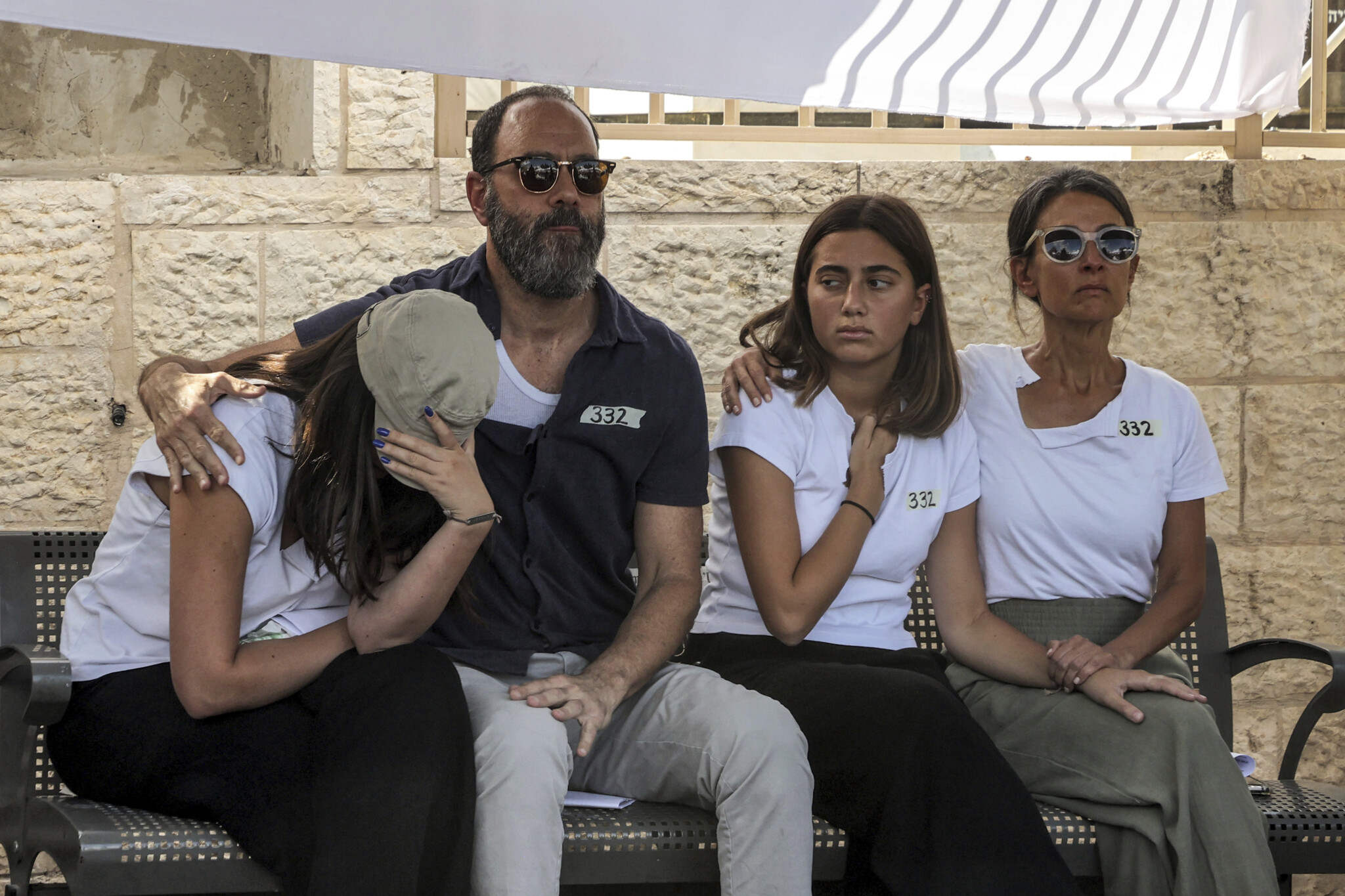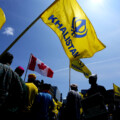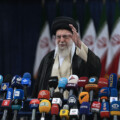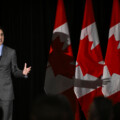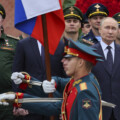Hersh. Eden. Carmel. Alex. Almog. Ori.
Since Saturday night their names, their faces, and their stories play on repeat in my head. These were six people taken hostage by Hamas on October 7th and held for 330 days before being executed by the terrorists, just as the IDF was closing in on their rescue.
Heartbroken, hopeless, gutted—the emotions since Saturday night, the emotions felt by so many of my Jewish friends I have spoken to. Heartbroken that these six souls were brutally taken from us. Hopeless because for so long we imagined these six coming home. We dreamed of Hersh running into his mother’s arms, we hoped for Alex’s chance to hold his baby who was born after he was taken hostage, we wished for them all to be back where they belong.
But most importantly we are gutted by the silence and indifference of so many. Gutted and betrayed by those who had posted “all eyes on Rafah” on their Instagram feeds but then stayed silent on the day that six Jews were murdered. Gutted by those, such as Foreign Minister Melanie Joly, who condemned Israel for going into Rafah when it was clear that hostages were being held there. Gutted by those we thought were our friends who failed to reach out to show sympathy in our time of grief.
Frankly, what remains one of the most disturbing realities since October 7th is the silence from progressive voices on the plight of the hostages—indeed, even worse than simple silence was the outright hostility to efforts to raise awareness of the situation. This response raises critical questions about the principles guiding progressive activism given the movement’s claim to be a strong voice on human rights, justice, and the protection of vulnerable populations. This convenient lack of consistency when it comes to vulnerable Jews and Israelis is a damning indictment of progressivism’s moral integrity and credibility.
A representative example of this troubling double standard in evaluating global conflicts is that in the days after the assassination of Ismail Haniyeh, one of the most senior leaders of Hamas, the screams of condemnation from progressive activists were loud. They claimed that it showed that Israel wasn’t serious about a ceasefire. Protestors masked as pro-peace activists even held vigils for the terrorist. But when six hostages were murdered as they were about to be rescued, these same “pro-peace” activists now stay silent.
Unequivocally denouncing the murder of Israeli hostages by Hamas should in no way contradict the values that progressives claim to represent. That such denouncements are few and far between speaks volumes about the true intent of their advocacy.
